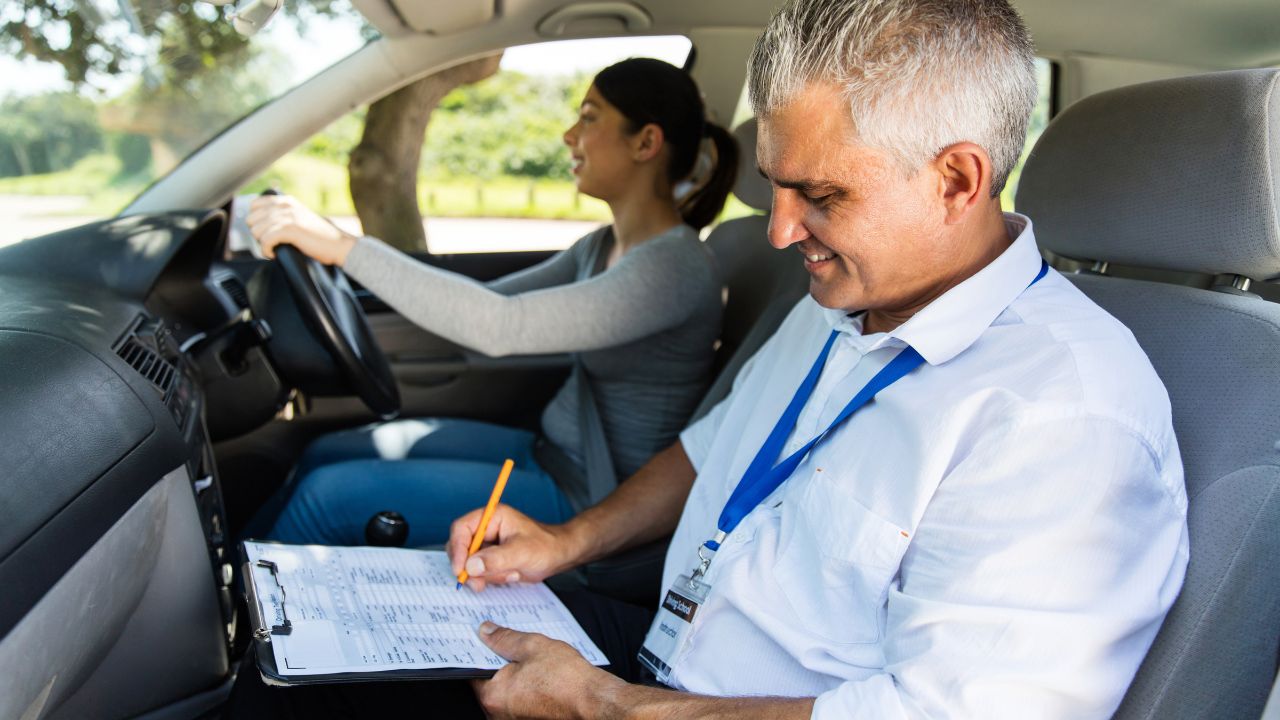Your question’s answer may rely on the state you’re in and your insurance provider.
Some states and insurers allow a short grace period to add a new driver to your policy, while others require you to do so beforehand.
To prevent any penalties or gaps in coverage, it’s essential to reach out to your insurance provider before obtaining your license and learn their guidelines.
Before getting your insurance license, you might have to finish some pre-license education and pass a state exam.
If you’re purchasing a new vehicle, you might need to have insurance before leaving the lot, or within a brief grace period that changes by state and insurer.
What happens if you get into an accident before getting insurance after getting your license?
Getting insurance after receiving your license is crucial, as an accident prior to obtaining insurance could result in serious repercussions.
Your state laws and the accident’s severity will determine your liability, which may force you to pay for damages and injuries out of pocket, face fines, legal expenses, license suspension, or incarceration.
Additionally, finding cost-effective insurance, later on, may be challenging, as insurers might perceive you as a high-risk driver and increase your premiums or refuse coverage.
Therefore, it is critical to obtain insurance soon after acquiring your license and before hitting the road.
Are there any penalties for driving without insurance during the grace period?
Yes, there may be penalties for driving without insurance during the grace period, depending on your state and the circumstances.
Some possible penalties are:
- Fines of up to $1000 or more.
- Suspension of your driver’s license and/or vehicle registration for up to three months or more.
- Impoundment of your vehicle.
- Financial liability for any damages or injuries caused by an accident.
- Higher insurance rates or difficulty finding coverage in the future.
Therefore, it is advisable to get insurance as soon as possible after getting your license and before driving and to avoid driving without insurance at any time.
Do you need to have insurance before taking a driving test to obtain a license?
Yes, you will need car insurance to take a driving test in most states. However, that doesn’t necessarily mean you need a policy in your name.
Car insurance follows the car, not the person. So if you’re using a borrowed vehicle that has insurance, you should be covered as long as the owner permits you to use it and the policy extends to permissive drivers.
You should also bring the proof of insurance for the vehicle to the test with you.
Some states may require that the insurance be in your name, such as North Carolina.
In that case, you may need to purchase your own policy before taking the test.
You should check with your state’s DMV to find out the exact requirements for your situation.
How long do you have to wait to renew your license if you let your insurance lapse?
The answer to your question may vary depending on your state and the type of license you have.
In general, you will need to complete your continuing education requirements and pay a renewal fee to renew your insurance license.
However, if you let your insurance license expire, you may face additional penalties, such as:
- Late fees or fines.
- Suspension of your license.
- Reinstatement fees.
- Having to retake the exam or start the licensing process over.
Some states may offer a grace period or an extension for renewing your license after it expires, but you should check with your state’s insurance department to find out the exact rules and procedures for your situation.
You should also avoid transacting insurance business while your license is expired, as this may result in further penalties or legal action.
What options do you have if you cannot afford insurance immediately after getting your license?
- Applying for a subsidy from the government or your employer to help pay for your premiums.
- Shopping around for a cheaper plan that meets your needs.
- Enrolling in a short-term or limited-benefit plan that covers only certain services or emergencies.
- Seeking free or low-cost health care services from community clinics, health centers, or charitable organizations.
Are there any exceptions to the insurance requirement for new drivers after getting a license?
Most states require drivers to have car insurance as a way of proving financial responsibility in case of an accident.
However, there may be some exceptions to the insurance requirement for new drivers after getting a license, such as:
- Driving with a learner’s permit. Some states do not require drivers with a learner’s permit to have their own insurance, as long as they are supervised by a licensed driver who has insurance.
- Driving without insurance in certain states. Some states, such as New Hampshire and Virginia, do not have mandatory insurance laws, but they do have other requirements for drivers who choose to drive without insurance.
- Using an alternative form of financial responsibility.





